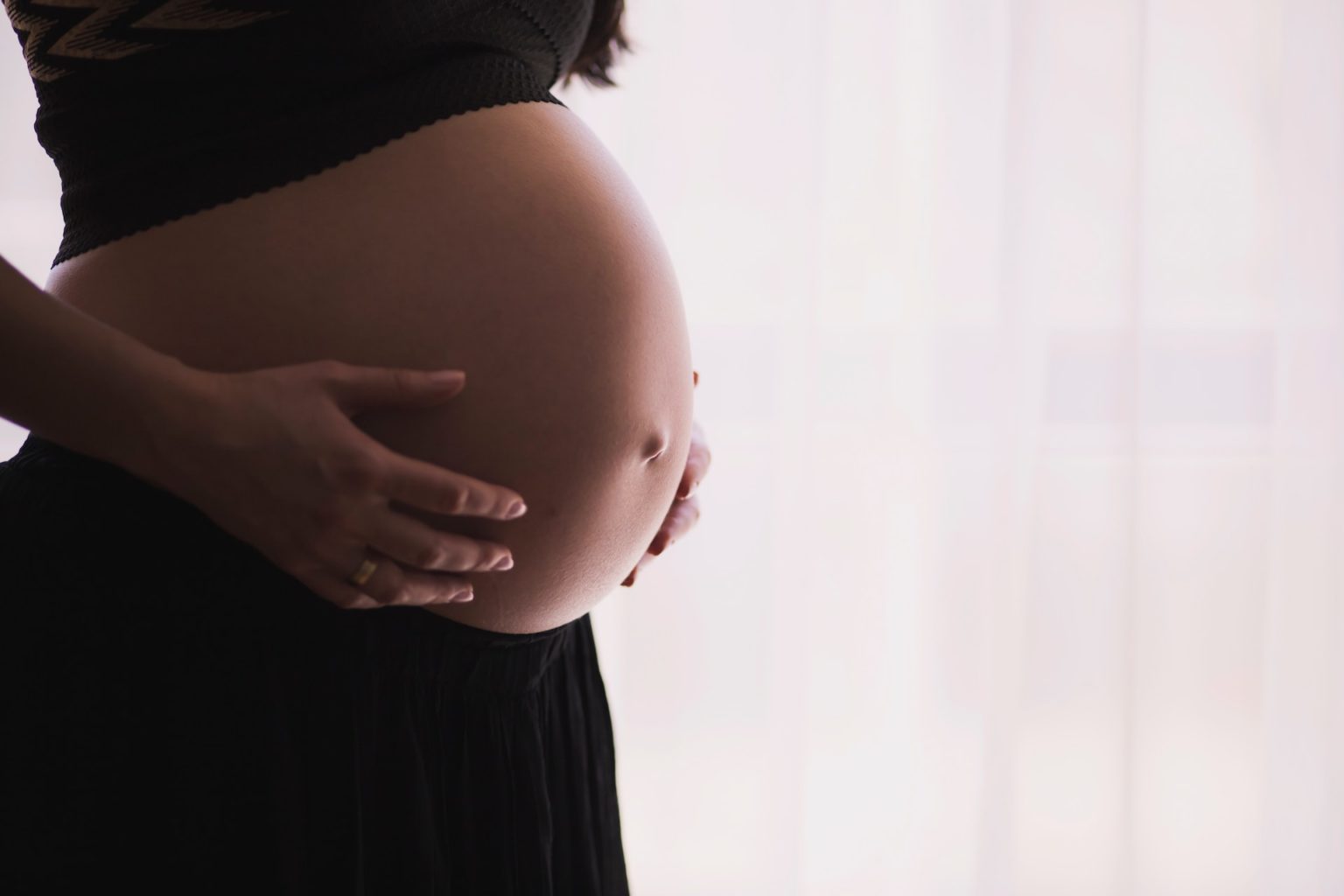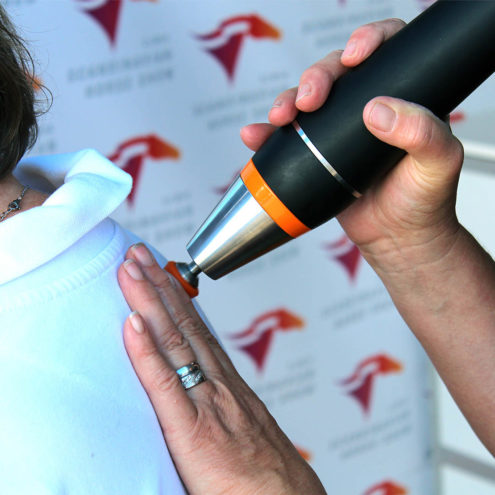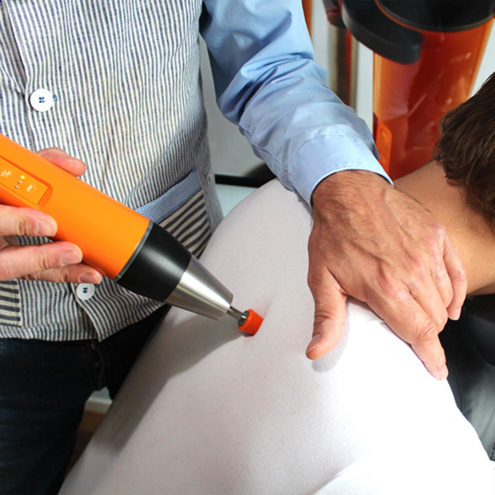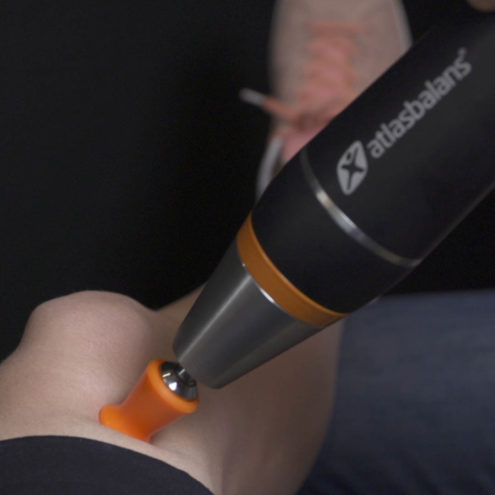Inguinal Hernia During Pregnancy

Inguinal Hernia During Pregnancy: A Comprehensive Guide
Being pregnant can be an exciting time in a woman’s life. But it is also a time that can bring some physical problems. One problem that can occur during pregnancy is inguinal hernia.
What is an inguinal hernia during pregnancy?
An inguinal hernia occurs when there is a weakening or gap in the abdominal wall. If the abdomen is subjected to high pressure, its contents, like part of the bowel, can be pushed through, creating a visible and often painful bulge. During pregnancy, these hernias may become more visible or problematic due to the increased pressure in the abdomen.
Inguinal hernias can feel different when you have an inguinal hernia as a woman than what you read online.
Causes of inguinal hernia during pregnancy
During pregnancy, major changes occur in a woman’s body. One of the biggest is the expansion of the abdomen to accommodate the growing fetus. This expansion can lead to increased pressure inside the abdomen, increasing the risk of developing an inguinal hernia or making an existing hernia more prominent.
Symptoms and signs of inguinal hernia during pregnancy
The symptoms of inguinal hernia during pregnancy can vary in severity, but they often include:
A visible bulge in the groin or at the bikini line, which becomes more obvious when you stand up, cough or exert yourself.
Discomfort or pain at the site of the bump
A feeling of heaviness or pulling in the groin
How does pregnancy affect inguinal hernia?
Pregnancy can worsen an existing inguinal hernia or contribute to the development of a new one due to the increasing pressure on the abdomen.
Factors contributing to inguinal hernia during pregnancy
There are several factors that contribute to the development of inguinal hernia during pregnancy. These include:
The increased internal pressure in the abdomen caused by the dilation of the uterus and the growing fetus.
Hormonal changes that make the body’s tissues more soft and flexible to accommodate the growing uterus and prepare the body for childbirth.
Fluid retention that can occur during pregnancy, which can increase pressure on the tissues.
Changes in the body that can affect inguinal hernia
During pregnancy, there are major changes in a woman’s body to accommodate the growing baby. The curve of the lumbar spine increases, the center of gravity shifts forward and the pelvis becomes more forward tilted. These factors put more pressure on the abdominal wall, which will increase the risk of developing an inguinal hernia. The uterus grows and increases the pressure on the surrounding organs. Hormonal changes during pregnancy also make the body’s tissues more soft and unstable, which can contribute to weakening the abdominal wall.
Management and relief of inguinal hernia during pregnancy
Self-care strategies and pain relief
If you experience discomfort or pain around the groin from an inguinal hernia during pregnancy, there are many great tips for relief to help alleviate the symptoms. These include:
Use of a special brace or bandage to provide extra support to the abdomen and relieve pressure on the inguinal hernia.
Avoid heavy lifting and exertion that can aggravate the hernia.
Use cold or heat to relieve pain and discomfort.
Maintain a healthy weight to minimize additional pressure on the abdomen.
Adaptation of physical activity and everyday routines
It is important to remain physically active during pregnancy to prevent complications. However, some adjustments may need to be made if you have an inguinal hernia.
In general, you should avoid exercises or activities that increase pressure in the abdomen, such as heavy lifting or intense exercise. Instead, you can focus on gentle strength and flexibility exercises, such as Pilates or yoga for pregnant women. These can help strengthen the abdominal wall and reduce pressure on the hernia.
When and where should I seek help for inguinal hernia during pregnancy?
If you experience pain, discomfort or other problems from an inguinal hernia during pregnancy, it is important to seek medical help.
When it is necessary to seek medical assessment
You should seek medical help if:
You have a visible bulge in your groin or bikini line that does not go back into your abdomen when you lie down or relax your muscles.
You have pain, discomfort, or a feeling of pressure in your abdomen that gets worse when you cough, sneeze, lift heavy objects or exert yourself.
You have symptoms of an incarcerated hernia, such as intense pain, nausea, vomiting, fever, or a lump that becomes red, swollen or hot to the touch.
Specialist care and treatment options
If you have an inguinal hernia during pregnancy, you will probably need to see a specialist, such as a surgeon or a gynecologist to discuss your treatment options.
Inguinal hernia during pregnancy – frequently asked questions and answers
What causes inguinal hernia during pregnancy?
Inguinal hernias during pregnancy can be caused by a combination of increased pressure in the abdomen due to the growing baby, hormonal changes that make the tissues softer, and fluid retention.
What are the most common symptoms of inguinal hernia during pregnancy?
Symptoms can vary but often include a visible bulge in the groin. You may also feel discomfort or pain at the site of the hernia and a heavy or pulling sensation.
How are inguinal hernias handled during childbirth?
Inguinal hernias do not usually affect childbirth, but if you have a large hernia or one that has become severely compressed, your doctor may recommend a caesarean section.
Are there special exercises that can help with inguinal hernia during pregnancy?
Exercises that strengthen the abdominal wall can help support the area around the hernia and reduce pressure on it. However, you should always consult a health professional before starting a new exercise program during pregnancy.
 Search
Search


































